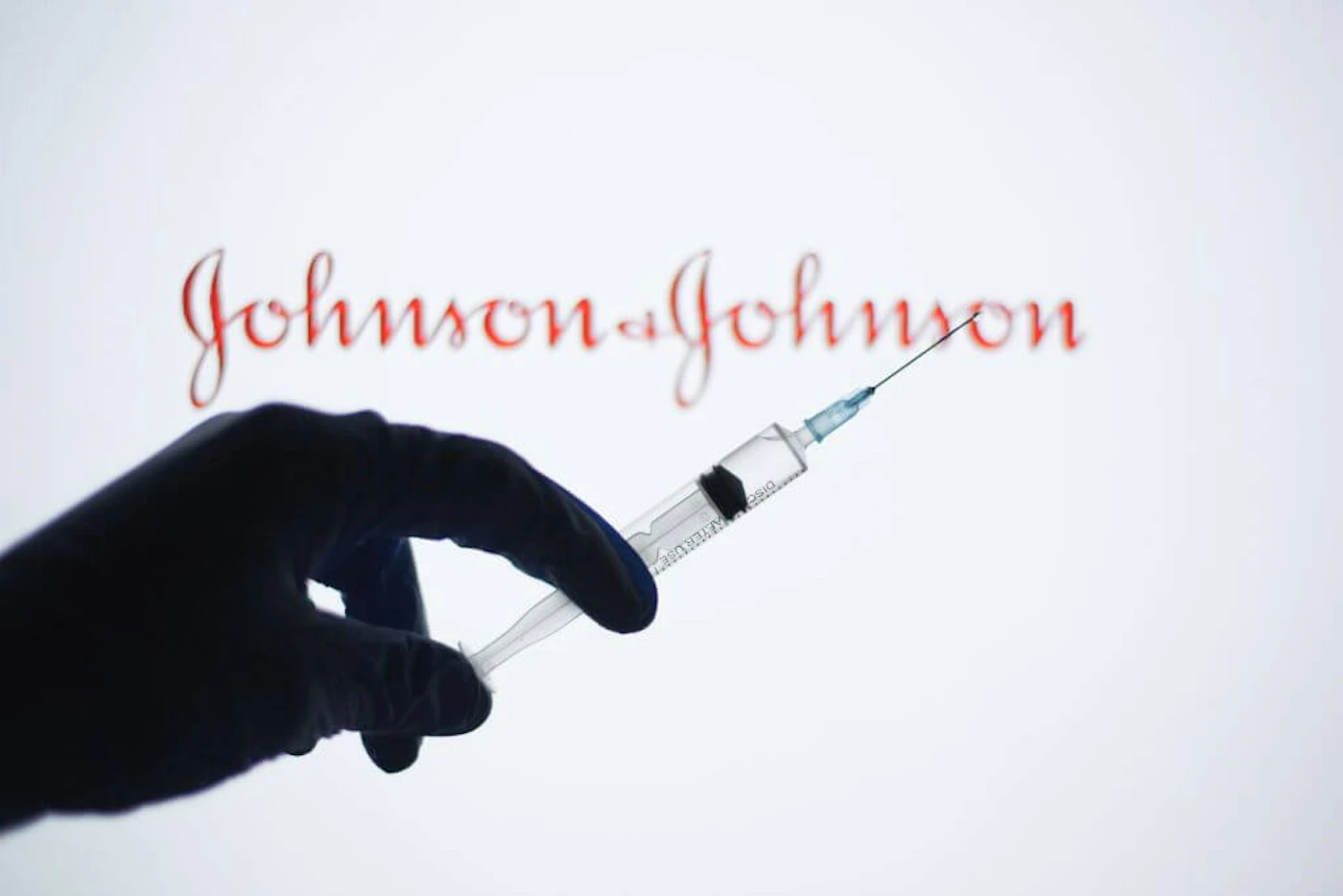The vaccine has a lower efficacy rate than others on the market, but experts say it will still make a huge difference.
Drugmaker Johnson & Johnson’s single-shot COVID-19 vaccine showed 72% effectiveness at preventing severe disease in the United States, the company announced Friday.
The new vaccine, which is expected to go through the emergency authorization process in the next week, has varied efficacy. In a global trial the vaccine was 66% effective in preventing moderate and severe cases of the coronavirus. The vaccine showed 72% efficacy in the United States, 66% in Latin America and 57% efficacy in South Africa, measured one month after receiving the shot.
The lower efficacy rate in South Africa is due to a variant of COVID-19 which is more prone to more mutations. The mutations make it less susceptible to antibody immune response.
The two vaccines already in use in the United States both reported over 90% effectiveness, but they were tested before various mutations arose throughout the world. The striking difference could make people more hesitant to get the Johnson & Johnson vaccine, instead opting to wait until Moderna and Pfizer’s vaccines become more readily available.
But Dr. Anthony Fauci, who serves as chief medical advisor to President Joe Biden, explained that the new vaccine will undoubtedly help. Hospitals across the country are stretched thin as medical personnel work to address severe cases.
“If we can alleviate that, that is really important — not only with this candidate, but the others that have already gotten the EUA,” Fauci said in a call with reporters on Friday. “If you can prevent severe disease in a high percentage of individuals, that will alleviate so much of the stress and human suffering and death.”
Another difference between this new vaccine and ones already in use is storage and transportation. Both Pfizer and Moderna’s vaccines need to be kept in very cold temperatures, well below zero degrees. Johnson & Johnson’s vaccine can be transported and kept in a refrigerator for months and only requires one shot.
An added benefit despite the slightly lower efficacy is that people who received the Johnson & Johnson vaccine and still developed COVID-19 experienced a milder case with fewer symptoms. Additionally, the vaccine showed an 85% protection rate against severe cases of the virus, meaning that even at a lower efficacy it would still save lives.
Results of the new vaccine are based on research of 44,000 participants across eight countries.
Officials at Johnson & Johnson say that their vaccine could receive emergency use authorization by late February.




